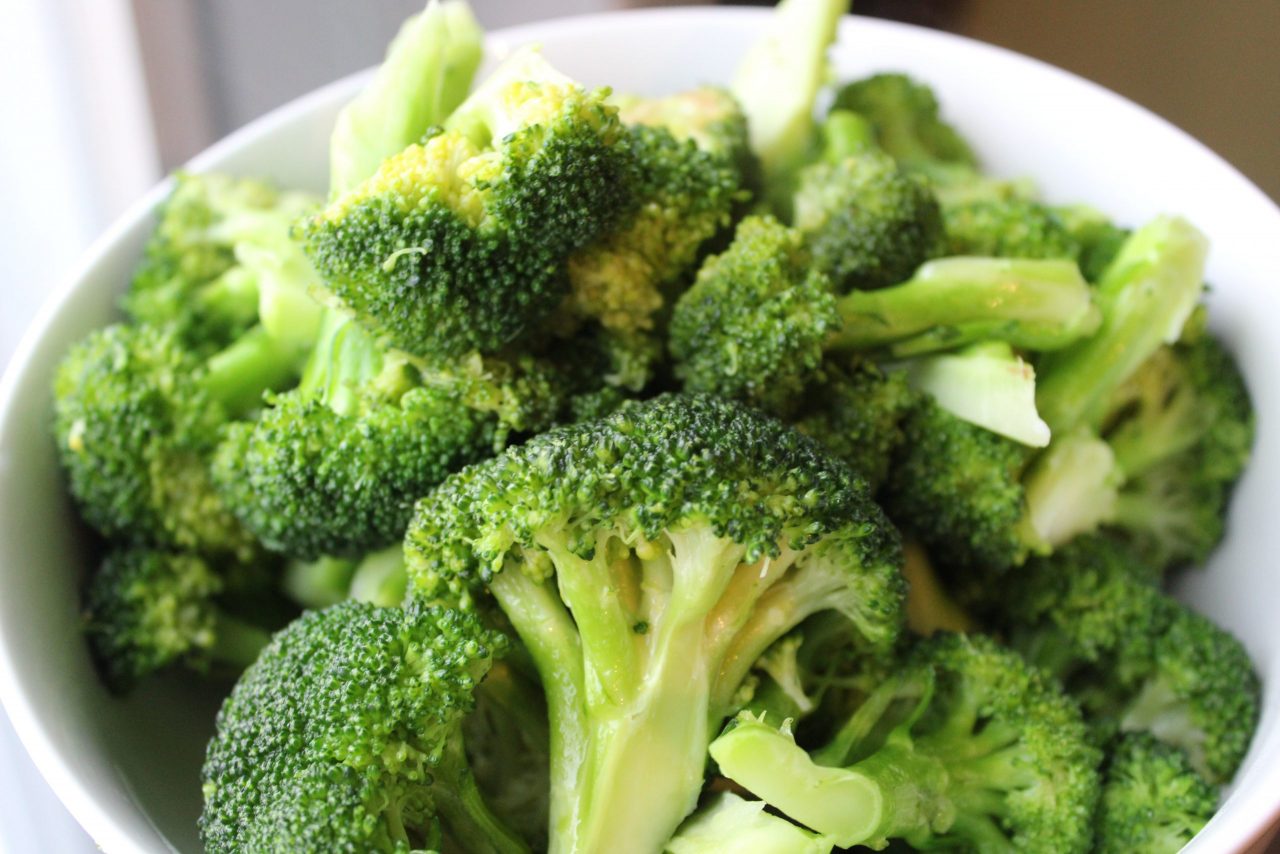There are many fruits that have anti-inflammatory properties. Some of these include: pineapple, papaya, watermelon, strawberries, and blueberries. These fruits contain compounds that help to reduce inflammation in the body. Pineapple, for example, contains an enzyme called bromelain which has been shown to be effective in reducing inflammation.
Broccoli. Broccoli provides good amounts of fiber, calcium, potassium, folate, and phytonutrients
Broccoli is a member of the cabbage family and is classified as a cruciferous vegetable. These types of vegetables are known for their cancer-preventing properties. Broccoli contains many nutrients that are essential for good health.
Some of the most important nutrients in broccoli include fiber, calcium, potassium, folate, and phytonutrients. Fiber helps to keep the digestive system healthy and prevents constipation. Calcium is necessary for strong bones and teeth. Potassium helps to lower blood pressure and maintain proper heart function. Folate is important for pregnant women to prevent birth defects in their babies. Phytonutrients are plant compounds that have disease-preventing properties.
Broccoli is an excellent source of vitamins C and K, two antioxidants that help to protect cells from damage caused by free radicals. Free radicals are unstable molecules that can cause cell damage leading to various diseases such as cancer. Broccoli also contains beta-carotene, another antioxidant that converts into vitamin A once inside the body. Vitamin A is important for vision health and maintaining a healthy immune system.
Apples. Apples are an excellent source of antioxidants, which combat free radicals
Apples are a type of fruit that people often eat. They are an excellent source of antioxidants, which help to protect cells from damage. Apples also contain a good amount of fiber, which is important for maintaining a healthy digestive system. Additionally, apples contain vitamins and minerals that are essential for good health.
There are many different types of apples, including Granny Smith, Golden Delicious, and Red Delicious. All types of apples are healthy choices and can provide the body with numerous health benefits.
Kale
Kale is a leafy green vegetable that is part of the cabbage family. It is one of the most nutrient-dense foods on the planet and is loaded with vitamins, minerals, and antioxidants. kale has been shown to have numerous health benefits, including reducing cholesterol levels, improving cognitive function, and reducing the risk of certain cancers.
Blueberries
Blueberries are native to North America and have been used for centuries by Native Americans for their medicinal properties. The blueberry plant is a perennial shrub that produces small, blue berries. Blueberries are high in vitamins C and K, as well as manganese and fiber. They also contain a compound called anthocyanin, which is responsible for the blue color of the berries and has powerful antioxidant effects.
Studies have shown that consuming blueberries regularly can improve cognitive function, memory, and motor skills. Blueberries have also been shown to protect against age-related diseases such as cancer, heart disease, and Alzheimer’s disease. Furthermore, blueberries can help to lower blood pressure and cholesterol levels.
So what makes blueberries so healthy? The answer lies in their antioxidants. Antioxidants are compounds that scavenge harmful toxins called free radicals from our bodies. Free radicals are unstable molecules that damage cells and contribute to aging and disease development. By consuming foods high in antioxidants like blueberries, we can help to protect our cells from damage caused by free radicals.
Leafy green vegetables
There are many different types of leafy greens, including spinach, kale, collards, Swiss chard, and more. Each one has its own unique flavor and nutritional profile.
leafy greens are a great way to add more nutrients to your diet. They’re versatile and can be used in a variety of dishes, from salads to soups to stir-fries. You can even juice them or blend them into smoothies.
If you’re looking for the healthiest leafy green vegetables, aim for those that are dark green in color. These tend to be the most nutrient-rich varieties.
When shopping for leafy greens, look for ones that are fresh and free of wilting or browning leaves. Avoid those that have been packaged in plastic as they may not be as fresh as those sold loose.
